Elon Musk, a visionary entrepreneur known for his relentless drive and groundbreaking ventures in technology and space exploration, exemplifies resilience and innovation. Here’s a look at ten notable failures Musk encountered in his early days, which eventually led to his remarkable success.
Zip2: The Humble Beginnings (1996-1999)
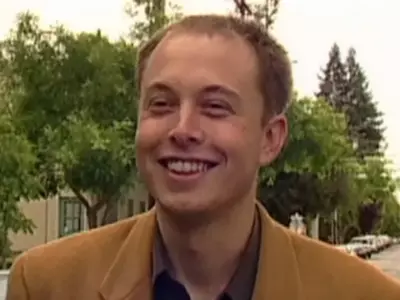
Elon Musk's first major venture, Zip2, a city guide software for newspapers, faced numerous difficulties. The idea was ahead of its time, and convincing traditional media companies to embrace digital maps and guides was an uphill battle. Securing funding was another significant hurdle. Musk and his brother Kimbal had to work tirelessly to keep the company afloat, often living in the office to save on rent.
Fired as CEO of Zip2 (1999)
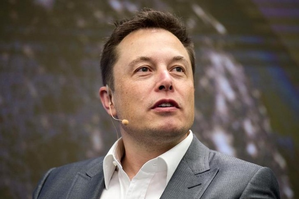
Despite the eventual success of Zip2, Musk's journey with the company ended abruptly when he was ousted as CEO. The board brought in more experienced leadership, sidelining Musk to a lesser role. This experience taught Musk valuable lessons about leadership, governance, and the importance of aligning visions with investors and board members.
X.com: A Rocky Start to Online Banking (1999-2000)
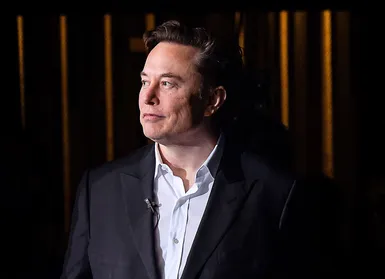
When Musk launched X.com, an online payment company, it was met with skepticism. The idea of internet banking was still in its infancy, and convincing users to trust an online platform with their money was a significant challenge. The competition with Confinity, which later became PayPal, was fierce. Internal conflicts and differences in vision eventually led to Musk being replaced as CEO of X.com.
PayPal: Another Leadership Struggle (2000)
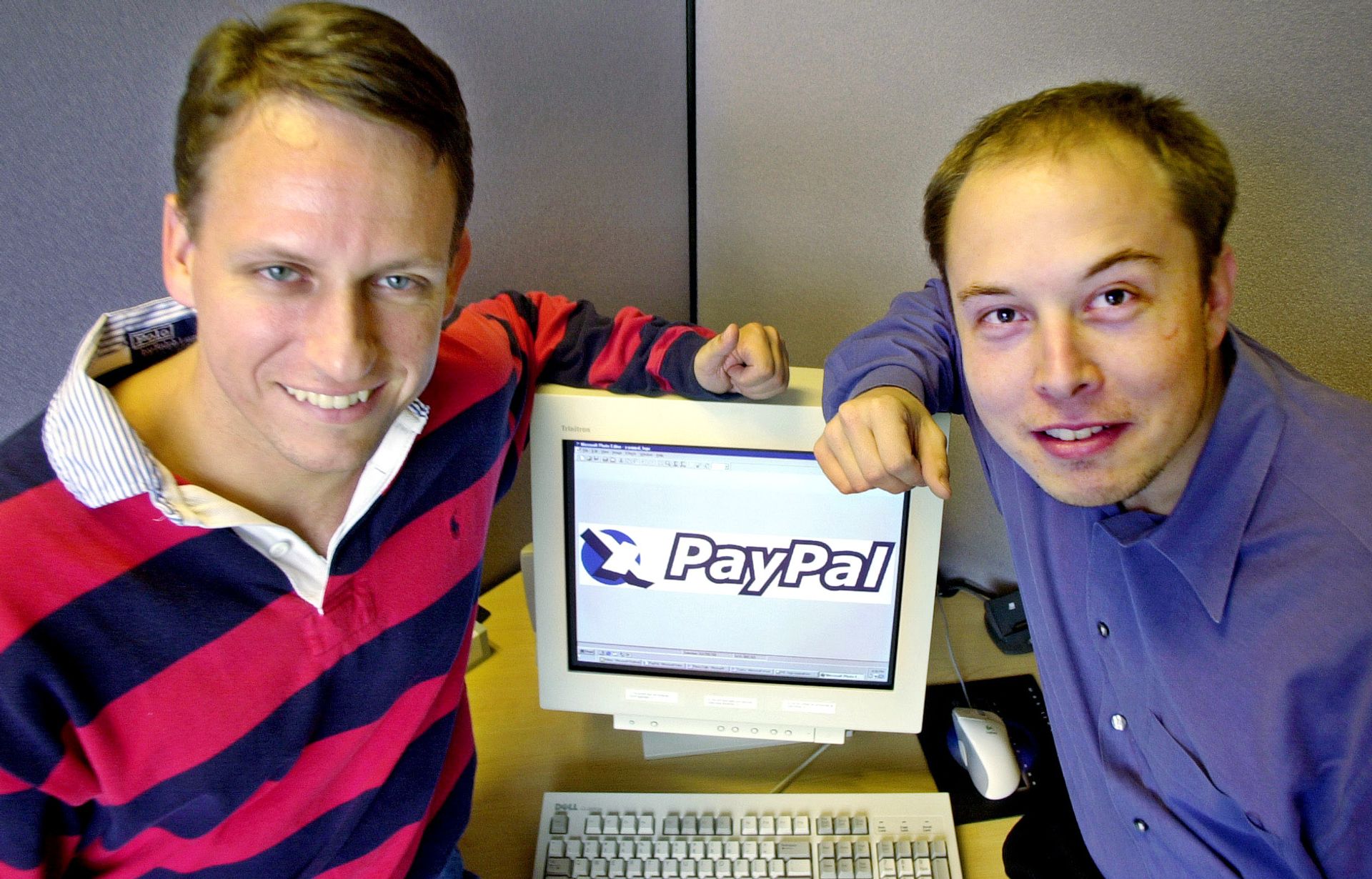
The merger with Confinity to form PayPal was a strategic move, but it came with its own set of challenges. Integrating the technologies and corporate cultures of the two companies was a complex task. Musk faced another ousting as CEO from PayPal due to disagreements over product direction. This was a tough blow, but the eventual success of PayPal provided Musk with significant capital for future ventures.
SpaceX: The Painful Launch Failures (2006-2008)
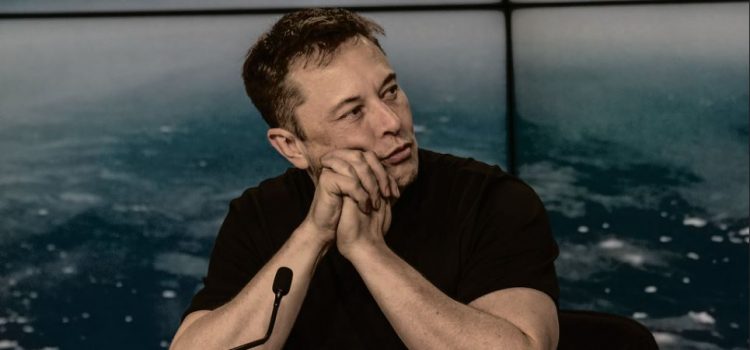
Musk’s vision to revolutionize space travel through SpaceX started with painful failures. The first three launches of the Falcon 1 rocket ended in failure, nearly bankrupting the company. These failures strained SpaceX’s finances and tested Musk’s resolve. Each failure brought Musk closer to giving up, but his determination kept the dream alive.
Tesla Motors: Near Bankruptcy (2008)
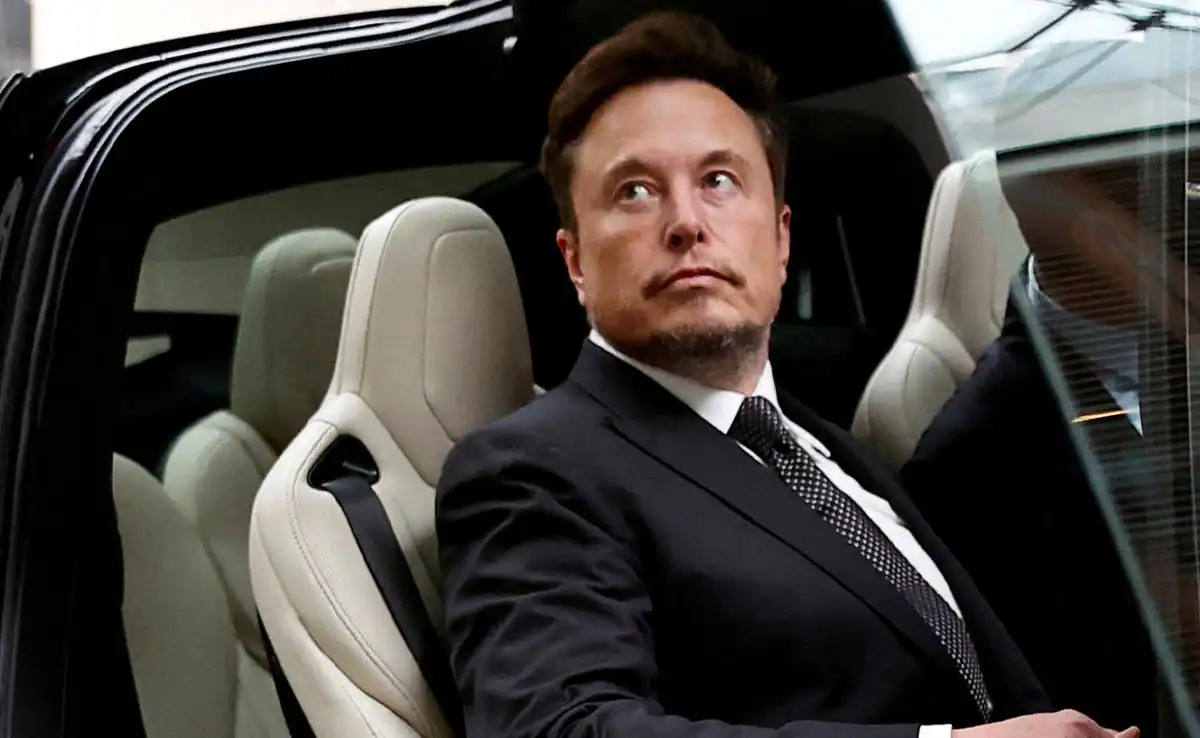
Tesla faced numerous production and quality control issues in its early days. The company struggled to scale up production of the Roadster, its first electric car, leading to massive financial losses. By 2008, Tesla was on the verge of bankruptcy. Musk had to personally invest his remaining fortune to keep the company afloat, seeking additional funding during the global financial crisis.
SolarCity: The Struggle for Market Penetration (2006-2012)
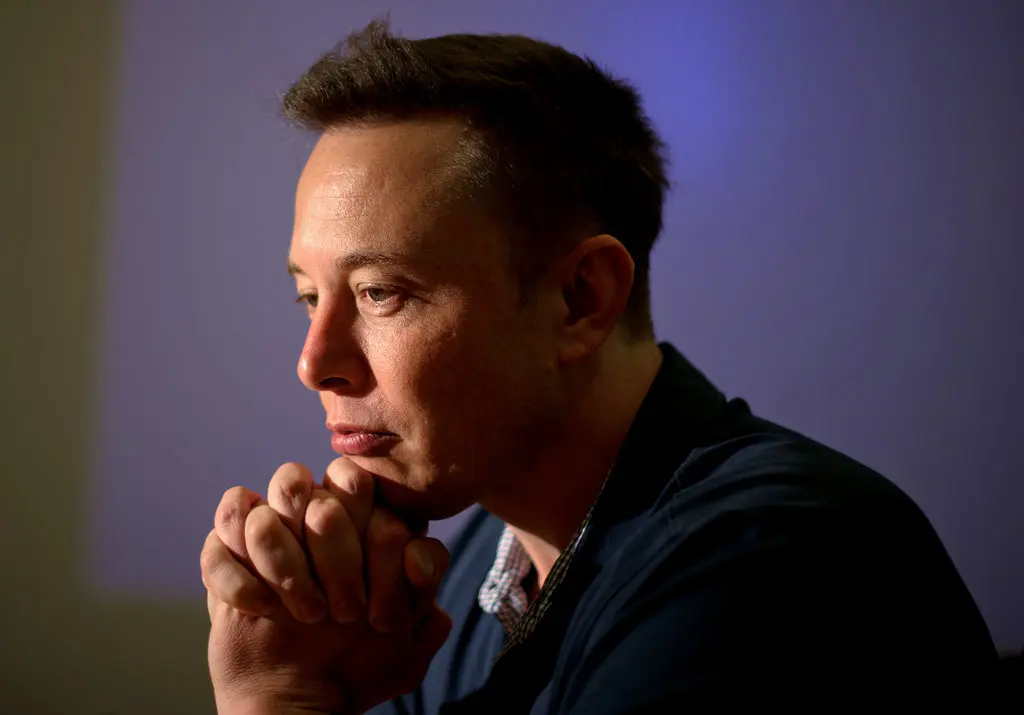
SolarCity, founded by Musk's cousins with his backing, aimed to revolutionize the solar energy market. However, the initial adoption of solar panels was slow due to high costs and public skepticism. SolarCity faced financial instability and mounting debts, which put immense pressure on Musk to find ways to make the company profitable and sustainable.
Model S: A Series of Technical Failures (2012-2014)
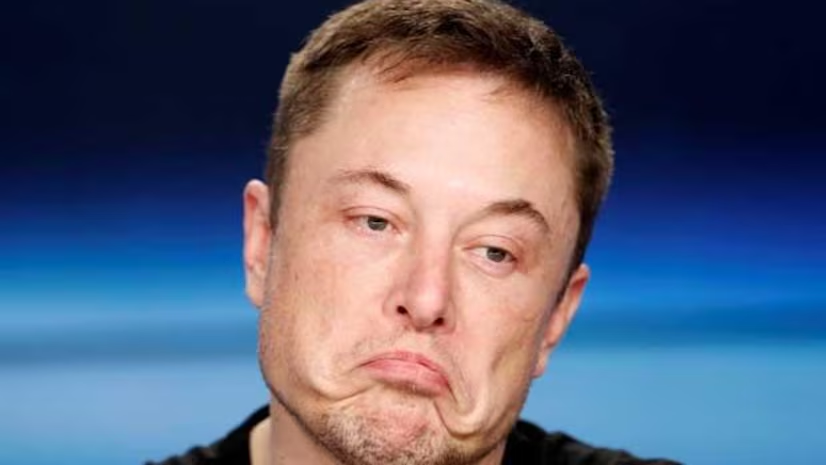
The development of Tesla’s Model S was fraught with technical challenges. Early prototypes had numerous issues, including battery malfunctions, design flaws, and software bugs. The Model S faced multiple recalls due to safety concerns, including battery overheating and suspension issues. Each recall was a blow to Tesla’s reputation and financial health.
Hyperloop: Conceptual Skepticism (2013)
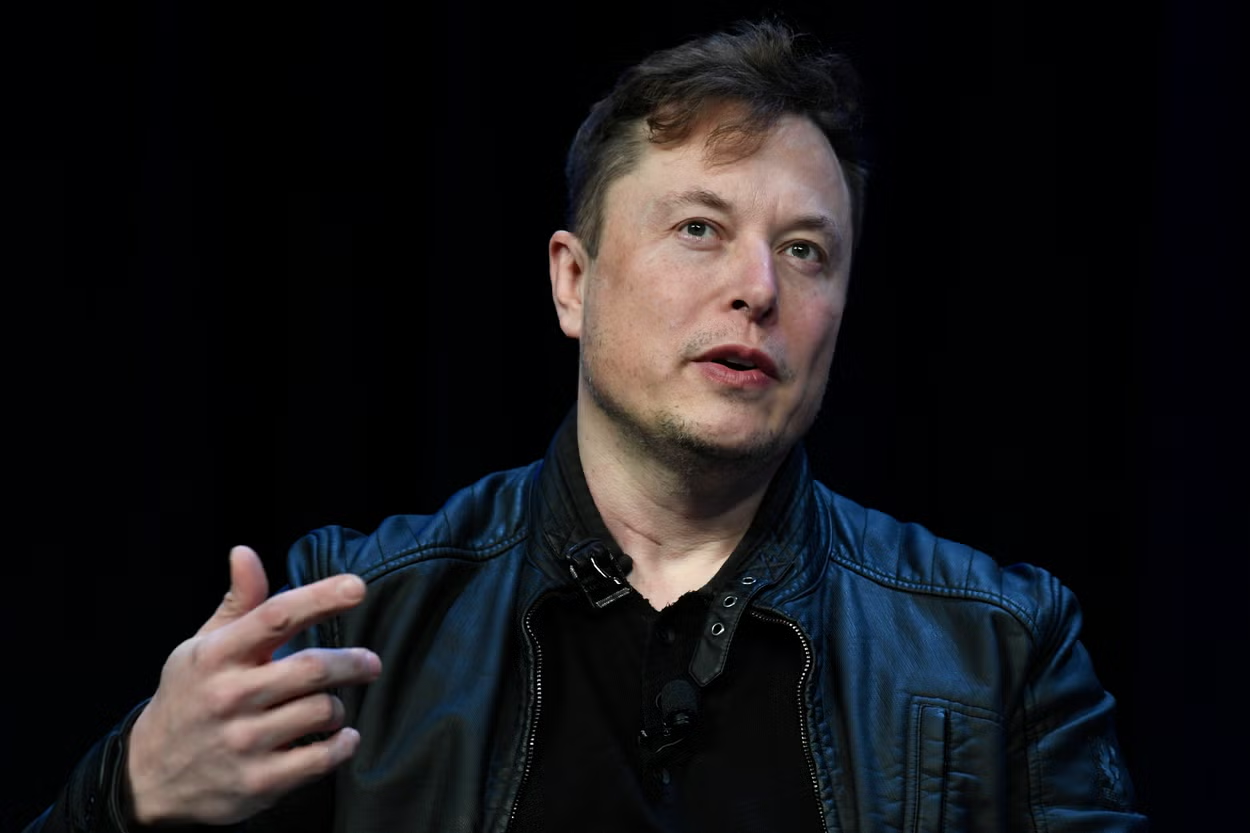
When Musk introduced the concept of the Hyperloop, a high-speed transportation system, it was met with skepticism and criticism. Experts doubted the feasibility, cost, and safety of the ambitious project. Securing funding and overcoming the technical challenges of developing a completely new mode of transportation proved to be enormous hurdles, with many considering the project overly ambitious.
Neuralink: Ethical and Technical Challenges (2016-Present)

Neuralink, Musk’s venture into brain-machine interfaces, faced ethical concerns and skepticism about the feasibility of its technology. The idea of merging human brains with AI was seen as controversial and potentially dangerous. Early experiments and developments encountered numerous technical failures. The complexity of developing implantable brain devices posed significant challenges, requiring extensive research and innovation.
Elon Musk’s path to success was not a straightforward journey. Each failure, whether in the form of technical setbacks, leadership clashes, or financial struggles, served as a learning opportunity. Musk’s resilience and unwavering belief in his vision allowed him to turn these failures into stepping stones. Today, he stands as a testament to the power of perseverance, proving that even the most daunting challenges can lead to monumental success.
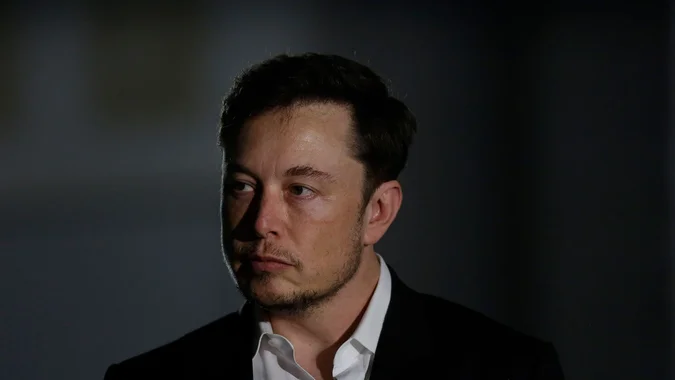

0 Comments